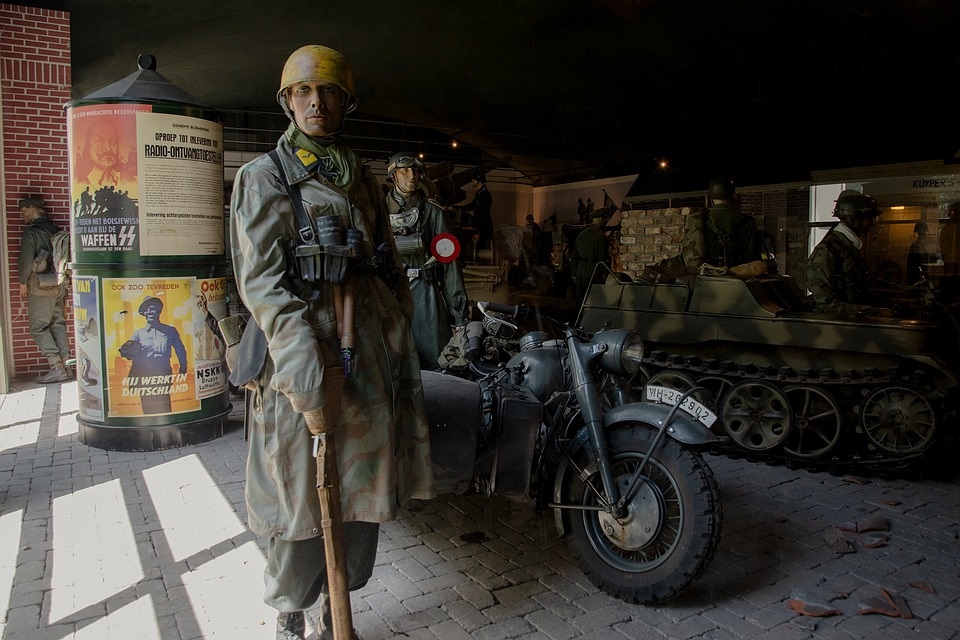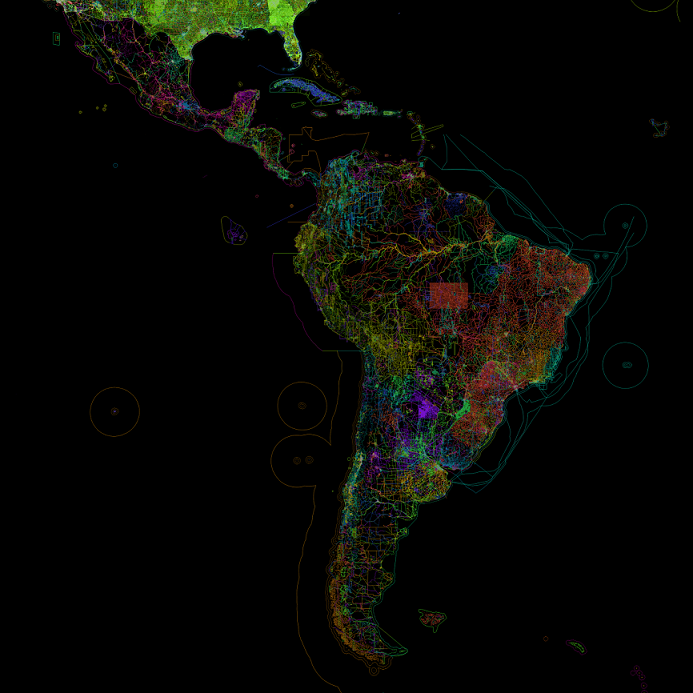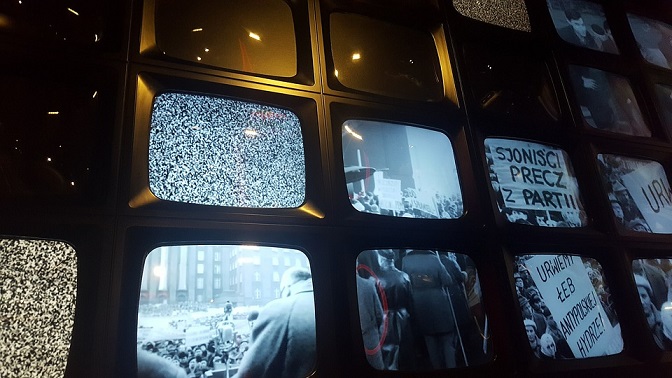In the windows of the Cuatro Columnas (Four Columns) building are the faces of the disappeared detainees in Argentina and outside of it, for several days, numerous paper butterflies remain among the trees of the former School of Mechanics of the Navy, where one more than 700 extermination centres of the last dictatorship in Argentina operated.
 Glenda Arcia
Glenda Arcia
The small white pieces pay tribute to more than 30,000 political and social militants, workers, students, professionals, artists and religious people, arrested, tortured, missing and murdered during that civic-military regime (1976-1983).
The work is part of an initiative of the origami association Plegando al Sur (Fold to the South) and was installed there during the III World Forum on Human Rights that gathered in Buenos Aires a few weeks ago 21,000 people from 98 countries. Four decades after the recovery of democracy in this nation, the site where horrendous crimes were perpetrated hosted former presidents, judges, researchers and representatives of 950 groups that discussed the challenges in the confrontation of discrimination, the fight against climate change, for gender equality and against human trafficking, among other issues.
Participants included former presidents José Mujica (Uruguay), Evo Morales (Bolivia), José Luis Rodríguez Zapatero (Spain), Ernesto Samper (Colombia) and Rafael Correa (Ecuador), Nobel Peace Prize laureate Adolfo Pérez Esquivel, Spanish jurist Baltasar

The Forum made it possible to denounce the judicial persecution of Argentine Vice President Cristina Fernández and the attempts to ban her and urged to strengthen actions to end hate speech and negationism. He also stressed the importance of continuing to fight to preserve memory.
“They persecute us because we defend equality, social justice and workers’ rights,” Fernández said, and warned about the consequences of lawfare (legal war) and the elaboration of media convictions, as well as the criminalization of the policy that prioritizes the great majority.
After the arrival of Néstor Kirchner in Government in 2003, a thorough reconstruction of the democratic and constitutional State was undertaken. With him, Luiz Inácio Lula da Silva (Brazil), Evo, Correa, Hugo Chávez (Venezuela) and Mujica, Latin America lived the virtuous decade. It was the moment when economic and social inequality in the region was most reduced. That’s why they’re after us, he added. For his part, Evo Morales said that “When they do not defeat us politically, socially or culturally, they try it judicially. Now the blows are that kind. As Nestor told us, we have to take care of and defend sister Cristina. United is possible to move forward, he said”.
In his speech, Ernesto Samper proposed creating a Latin American human rights system that guarantees respect for human rights without interference from the United States.
The former head of state explained that this initiative will be analysed within the framework of the Union of South American Nations (Unasur) and stressed the need to have a court that does not respond to foreign interests.
 On the other hand, the former president of the National Assembly of Ecuador Gabriela Rivadeneira denounced that the secretary general of the Organization of American States, Luis Almagro, is involved in all attacks against Latin American governments, including the coup d’état against Morales in Bolivia in 2019.
On the other hand, the former president of the National Assembly of Ecuador Gabriela Rivadeneira denounced that the secretary general of the Organization of American States, Luis Almagro, is involved in all attacks against Latin American governments, including the coup d’état against Morales in Bolivia in 2019.
In turn, Spain-based Argentine politician and jurist Gerardo Pisarello warned of the advance of ultra-right forces, enemies of equality and social movements. Similarly, social leader Juan Grabois denounced the murder of more than 70 Peruvians after the coup against President Pedro Castillo and warned of a renewed imperial offensive focused on taking over Latin America’s natural resources such as lithium, water and others.
Those present at the meeting called for the release of Argentine group leader Tupac Amaru, Milagro Sala, and WikiLeaks founder Julian Assange, while expressing concern about his possible extradition to the United States.
On the last day of debates Pérez Esquivel warned that democracies are at risk and assured that the struggle for human rights must be permanent. PL
(Translated by Cristina Popa – Email: gcpopa83@gmail.com) – Photos: Pixabay












.jpg)












